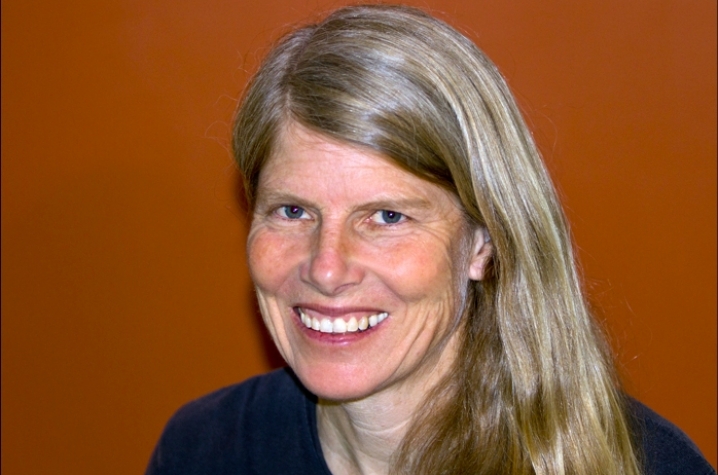UK Prof Moves Gender Mountains in Appalachia

LEXINGTON, Ky. (August 6, 2010) − Mary Anglin is the definition of interdisciplinary. The University of Kentucky anthropology professor should have a headache from wearing so many hats.
Anglin is well-versed in medical and cultural anthropology, gender issues, ethnography, public health and the Appalachian region, to name a few research interests. Her exposure to multiple regions of the country and multiple components of academia offer the anthropologist a unique outlook on anything she sets her eyes upon.
Anglin's specialized work on gender in Appalachia began with her dissertation in 1990 and continued with postdoctoral research and study, including a recent project on globalization with the Association for Feminist Anthropology.
Anglin has noticed a dearth in gender studies throughout the Appalachian region. "There remains a voluminous silence about gender in Appalachia," she said. "I don't think that the area has dealt with feminism in a global context."
Anglin has taken the idea of comparative global feminism and anthropology and applied it to Appalachia in "Moving Forward," an essay chosen for inclusion in the spring/summer issue of Appalachian Journal.
"By not focusing on gender, you're making the same mistake again and again," explained Anglin. "We need to rethink Appalachia through the lens of gender and class and how it changes social and political relationships; it's not really that integrated right now."
Anglin is joined in this special "Women in Appalachia" issue by other female artists, writers and community workers who have influenced policy-making across the region.
"I've followed Mary Anglin's work for years and always appreciated the way she raises questions that connect women's studies and issues of social justice in Appalachia and world contexts," said journal editor Sandy Ballard. "I was glad to have her work in this issue of Appalachian Journal."
To be fair, the lack of complexity in gender relations in Appalachia is not entirely the fault of the region's academics, said Anglin. "The reason Appalachia hasn't been looked at in this context before was because of the area's history of economic and political exploitation," she explained.
Anglin focused on gender, labor and resistance in western North Carolina in her 2002 book, Women, Power, and Dissent in the Hills of Carolina. "Despite all of the abuse, there are remarkable ways in which people fight back," she said. "The politics and economics of this region are important. It's an uphill battle."
To compound the problem, Appalachia isn't studied like other areas, relegating the region to quaint and cliché imagery and eventual irrelevance. "People have written Appalachia off; it's just not a mainstream concern," said Anglin. "But scholars are changing the dialogue. If you want to understand what's going on in North America, you have to pay attention to what's going on in Appalachia."
Anglin has been published in both the Journal of Appalachian Studies and Appalachian Journal before, but she's really looking forward to this issue of the journal, because of its feminist focus.
"The articles will be looking at the same thing, and at some point, these efforts will move people to think," she said. "Working with feminism in Appalachia is for more than just feminist researchers or domestic studies. It's a lens with which we really need to look at the region as a whole."
After seeing the increasing involvement of local women as leaders and activists in Appalachia, Anglin has hope for the future of gender studies in the region. "That momentum will shift, and the same level of sophistication in gender research will come to Appalachia that other areas have experienced," she said. "It's slow moving, but I'm hopeful. I'm going to be a part of this for as long as I need to."
Additional information about the Appalachian Journal is available at www.appjournal.appstate.edu. The spring/summer 2010 "Women in Appalachia" issue is out now.




